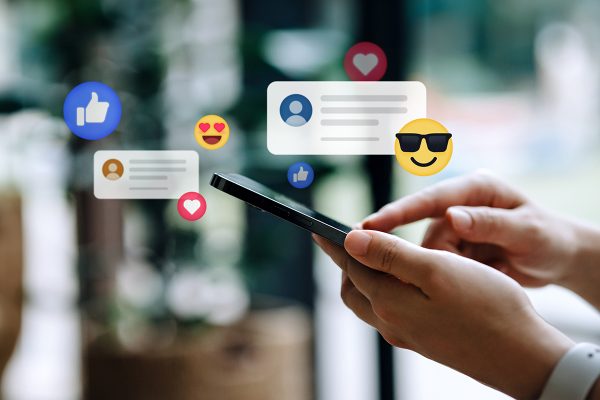In the digital age, artificial intelligence has revolutionized many aspects of the business world, including advertising. But how effective are AI-generated ads really? While these creations offer speed and cost reduction, they present significant challenges when it comes to connecting emotionally with consumers. For business professionals and students, understanding this phenomenon is key to future advertising strategies.
Synthetic advertising: efficiency and regulation
A well-known example of AI-generated advertising was MediaMarkt’s ad during Black Friday. The images showed drones placing a tarpaulin on the Arc de Triomphe in Barcelona, but it never actually happened. This type of “synthetic advertising” may look convincing, but it raises ethical and transparency dilemmas. For this reason, the European Union has intervened. From 2026, it will require any content created with AI to be clearly identified.
Some social networks, such as TikTok and Instagram, have already anticipated this regulation. They have added options to tag AI-generated content. This regulatory context will be critical to maintaining consumer trust in brands.
Consumer perception: objectivity or distrust?
The effectiveness of AI-generated ads depends on the type of message. When it comes to informational campaigns, such as highlighting product features, AI can be perceived as more objective. People tend to trust the accuracy and neutrality of machines, which can increase the credibility of these types of ads.
In contrast, emotional ads face a greater challenge. Synthetic images can appear empty or even misleading. This is especially true when they show emotional situations, such as happy families or life testimonials. The lack of “humanity” in these ads can reduce their emotional impact. This factor is crucial in emotional marketing or corporate social responsibility (CSR) campaigns.
AI and CSR: authenticity is key
CSR actions require a genuine connection with the audience. Consumers must believe in the sincerity of the company. An ad created by AI in this context may be perceived as insincere or purely strategic. This could damage the company’s reputation. In contrast, real images, showing the concrete impact of CSR actions, generate greater empathy and credibility.

This challenge is even more evident in sectors such as NGOs. Here, empathy is fundamental for attracting donations. People need to feel a real connection with the causes they support. Achieving this with artificially generated images is difficult.
The future of AI advertising
Artificial intelligence offers undeniable advantages: increased speed, reduced costs and the ability to generate impressive content. However, companies must balance these advantages with the need for authenticity. This is especially important in emotional or CSR campaigns.
For future business leaders, understanding how and when to use AI in advertising will be key. Ethics, regulation and consumer perception will play key roles in the effectiveness of these strategies. In an increasingly digitized world, the key to success will be to combine technological efficiency with human authenticity.
Continue your professional education
In a world where AI is redefining advertising, understanding its ethical and strategic implications is key. Our Master in Strategic Management with a specialty in Telecommunications provides the tools to design authentic and innovative campaigns, balancing technology and ethics. Get ready to lead in a digitized and competitive marketplace.
Sources:

